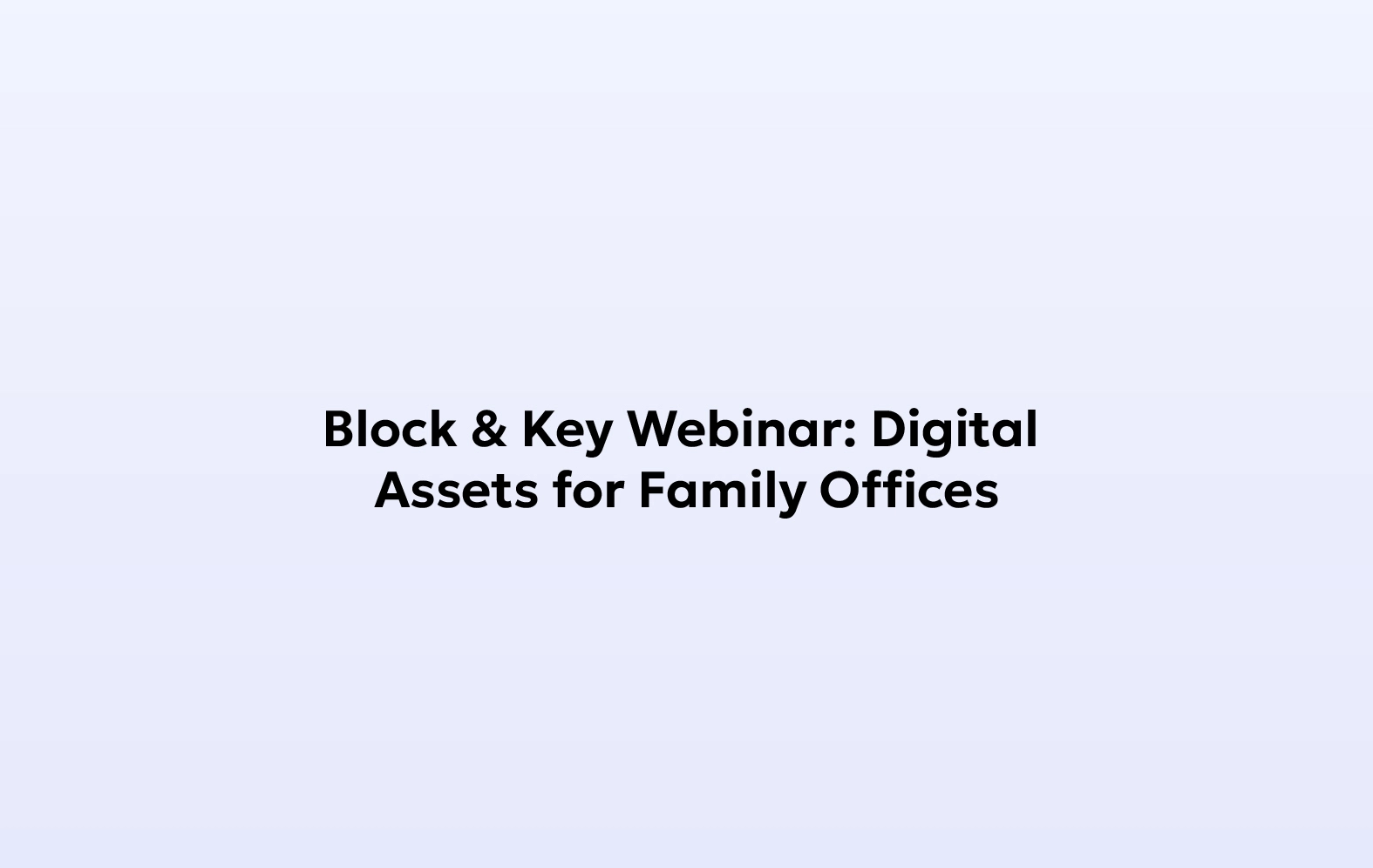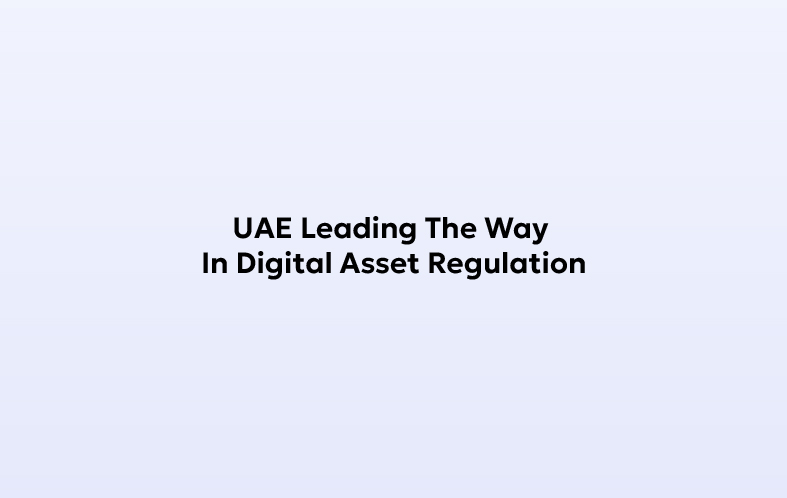An MPC wallet is a digital wallet that uses multi-party computation technology to deliver reliable security. It keeps your private keys safe while offering shared access to individuals, groups, companies, financial institutions, and government organizations that actively manage digital assets.
MPC wallets are a new and strong way to secure cryptocurrency. They’re not the first institutional-grade wallets that let multiple cryptocurrency owners control digital assets together. There are also other wallets like Multisig wallets. But before discussing the pros and cons of using an MPC wallet, let’s understand what differentiates them from Multisig technology.
Key Takeaways
- MPC allows multiple wallet holders – each holding their own asset data – to perform a computation without revealing any of the asset data held by each owner.
How does an MPC wallet work?
An MPC wallet uses a multi-party computation to keep your digital assets safe. The private keys are split into parts and given to different wallet owners or servers. This makes it hard for any owner or server to know the whole key.
Such types of digital asset wallets keep your crypto-holdings super safe because no single person or server has all the power or authority to sign a transaction. Suppose you want to transfer cryptocurrencies to a decentralized crypto exchange in India. How would you do it with a digital asset management platform such as MPC? To execute crypto transactions, the wallet owners or servers are required to work together to give their parts of the signature without putting it all together. This way, your assets remain safe throughout the transaction process.
Imagine you’re playing a game with a friend, and you both have puzzle pieces. To unlock something, you need to put all your pieces together. But the amazing thing is, even if someone tries to steal your pieces or your friend’s pieces, they still can’t open the thing because they don’t have all the parts. So, your cryptocurrency is like that safe thing, and only when you and your friend work together can you open it and access it further.
History and Applications of MPC
Back in the 1980s, a new way of doing cryptography called MPC (multi-party computation) was invented. Before that, people used basic cryptography to hide information, but this MPC technology is about hiding some of the information while computing the rest of the data gathered from different sources.
Here are the key moments in MPC’s history:
- 1982 – Introduction of secure two-party computation to solve the Millionaire’s Problem.
- 1986 – Andrew Yao adapts two-party computation.
- 1987 – Goldreich, Micali and Wigderson adapt the two-party case to multi-party.
- 1990 – The study of MPC helped advance the field of universal composability, which in return made mobile devices safe.
- 2008 – In Denmark, MPC wallet computation technology was used for a big auction, showing it works in real life.
- 2010 – Digital asset custodians started using MPC to keep cryptocurrency safe.
- 2019 – Automatic key-refreshing MPC algorithm offered a new way to improve MPC.
Now, MPC is used for many things, like electronic voting, data mining, keeping digital assets safe and trading them with the decentralized crypto exchange in India. It’s really popular for making sure important things stay safe while still being easy to use.
What is an MPC wallet used for? 4 example use cases
Group wallets for organizations, DAOs, and companies:
MPC wallets are great for teams like groups, companies, and projects. They help these groups work together safely. Multiple owners and investors can manage the digital asset wallet and agree on what to do with the respective asset. This is really helpful for groups that want to keep their cryptocurrency safe and work together well.
Escrow services:
MPC wallets can help with risk-free escrow services. This means that when wallet owners want to exchange crypto-assets, the transaction only happens when everyone agrees and the conditions are met.
Multi-user MPC-based Hardware wallets for investment clubs or consortiums:
MPC wallets let groups of investors work together on their investments. They can make decisions as a team and only do transactions when everyone agrees.
Secure key management for crypto-exchanges and digital asset custody services:
Both centralized and decentralized exchanges, including custodial services, can use MPC Wallets, especially cold storage, to make fund storage more secure. This way, the private keys are split up and not easily broken into by just one thing going wrong.
MPC wallets vs Multisig wallets: What’s the difference?
Just like an MPC wallet, a multisignature wallet needs more than one person to agree before doing a transaction. It’s like a rule that says, “At least this many people have to say yes before we can do anything with the digital asset.” This makes it safer because if one person does something that is not permitted by the rest of the owners, it won’t ruin everything. Both Multisignature wallets and MPC wallets are in some ways, but there are a few things that make them different:
Blockchain Protocol Agnosticism
Not all blockchains work with multisignature wallets since they’re a unique kind and new – which is why single-signature wallets exist as their alternative. But MPC wallets are different and protocol agnostic. They can work with various Web3 blockchain protocols that use the ECDSA method of signing transactions.
Identity and Privacy
Let’s consider a Digital Asset Insurance and custodian company that manages and keeps a wide range of cryptocurrencies safe. They might use a multi-signature wallet to hold and manage the funds securely. This type of wallet has some good points, like showing who agreed to a transaction – but it also reveals the holders’ identity.
On the other hand, MPC wallets work towards increasing privacy for users. Since the signing transaction phase takes place off-chain, it becomes harder for anyone to identify the owner’s identity uniquely. This keeps keys and identity secret and is safer for everyone using the wallet.
Transaction Costs
Using multisignature wallets means transactions need more than one signature. This makes the transactions bigger and more expensive because you have to pay more to process them.
But with MPC wallets, transactions only need one signature, which makes them cheaper. The work of putting signatures together happens off Chain. This makes the transactions cost less to process.
Administrative Overhead
For instance, with a multisignature wallet, if you want to change how many co-owner need to agree for a transaction, it involves multiple steps: You’d have to create a new wallet. The rules you set for the multisignature wallet at the beginning stay forever. Then, you’d need to move the cryptocurrency from the old wallet to the new one. Finally, you’d have to tell others about the new wallet address because any money sent to the old one might be lost.
But with MPC wallets, if someone needs to stop using their special code, the rest of the group can agree to change things without making a new wallet or moving the digital asset. The address stays the same, and the cryptocurrency stays safe in one place.
What are the benefits of MPC wallets?
Decentralization
With MPC non-custodial crypto wallets, you don’t need to rely on any trusted third party to keep or use the private keys. These keys are split among the different people in the group. This makes it harder for any one person to have too much control. So, there’s less chance of problems caused due to centralization, corruption or collusion – preventing the loss of digital assets.
Data Privacy
MPC wallets also keep your personal information safe. They don’t share your private information with others in the group or a third-party service provider. This means nobody can access or tamper with your personal information without you knowing and saying it’s okay.
High Accuracy
MPC wallets are really good at computing with the highest degree of accuracy. They can perform complex functionalities like generating addresses, signing transactions, and verifying signatures without errors.
Removes Single Points of Failure
MPC wallets get rid of a single point of failure that some other wallets have, such as single-signature wallets and Hot storage platforms. Numerous wallets have problems with key mismanagement, user privacy risk, private key theft, hardware device malfunction, including cyber threats. But MPC wallets avoid these issues. MPC technology does this by breaking the private keys into parts and giving them to different owners. This makes it hard for attacks and key mismanagement to happen all at once – which is why, sometimes, it is referred to as the best digital asset wallet by experts.
Scalability
MPC wallets can grow easily. You can add or remove crypto owners from the group without causing problems. This lets you choose how safe and fast you want things to be. If you want to be extra safe, you can invite more people to join.
Flexibility
MPC wallets are really flexible. They let you make rules for how your digital money works. You can say things like “only if it’s a certain amount” or “only a certain number of times.” You can also change these rules whenever you want. You can even plan for emergencies in case someone can’t help anymore or the parties are unavailable. This way, your digital assets are in your control.
Which web3 wallets use MPC? List of top 8
Right now, there are lots of MPC wallet options you can use. Each one has its own upside. Some of the famous ones are:
- Coinbase
- ZenGo
- FireBlocks
- Mirror World
- UniPass
- Marble Wallet
- Portal
- MPCVault
Which MPC wallet is best?
The best MPC digital wallet for you will differ based on your requirements. Which one you should pick depends on what you want. Every wallet does something a bit differently. You should go through all of the available options and see which one fits what you need and like the most.
Frequently Asked Questions (FAQs)
What type of wallet is an MPC Wallet?
Multi-part computation wallets, or MPC wallets, are cryptographic tools that employ cryptographic data from multiple parties owning multiple hardware devices to perform calculations using their combined data points without revealing their individual input.
Is MetaMask a MPC Wallet?
No, MetaMask is not an MPC wallet.
Is Coinbase Wallet a MPC Wallet?
Coinbase made a wallet called Coinbase Wallet in 2017, where you can keep your own crypto-assets, such as Bitcoin, safe. After looking at how people use it, they decided to make web3 wallets with MPC. These new wallets are easier to use and more secure.
Can an MPC wallet get hacked?
MPC wallets employ multi-Party Computation technology to split private keys into two parts. One is on your device, and the other is on a separate server. Even if one place is attacked, the wallet stays safe. The attacker can’t get in because they need both parts of the secret. It is one of the best digital wallets because it can’t be easily hacked.
What happens if one of the parties holding a share of the private key becomes unavailable?
MPC wallets can be set up with various rules. These rules say how many people need to agree for a transaction to work, even if some can’t be there.
Are MPC wallets EVM-compatible?
MPC wallets are chain-agnostic and support all types of EVM-compatible Blockchains.
How do MPC wallets work?
MPC works by dividing wallet private keys into parts and putting them in different device locations. This ensures that no one person can have all the power of the wallet’s private key. The big benefit is that different individuals and groups working together always use this private key.
What does the MPC wallet stand for?
MPC stands for Multi-Party Computation. This wallet offers a great alternative to traditional storage methods.
What does MPC stand for Blockchain?
MPC, also referred to as secure computation or secure multi-party computation, is a subfield within cryptography that aims to create technology for teams to compute a function based on the given input collaboratively, but without letting others know what that input is.
What is the difference between an MPC wallet and a smart contract wallet?
Everyone knows all the input used in smart contracts. But with MPC, each person only knows their own input. Because of this, in MPC wallets, people have to follow a set of steps together, while in smart contracts, each person can conduct their execution without waiting for others.
What are the cons of an MPC wallet?
MPC wallets are a bit more complicated than regular single-signature wallets, which is not true with Multisig technology. Also, there aren’t many MPC wallet choices yet because this technology is still relatively new and growing.






